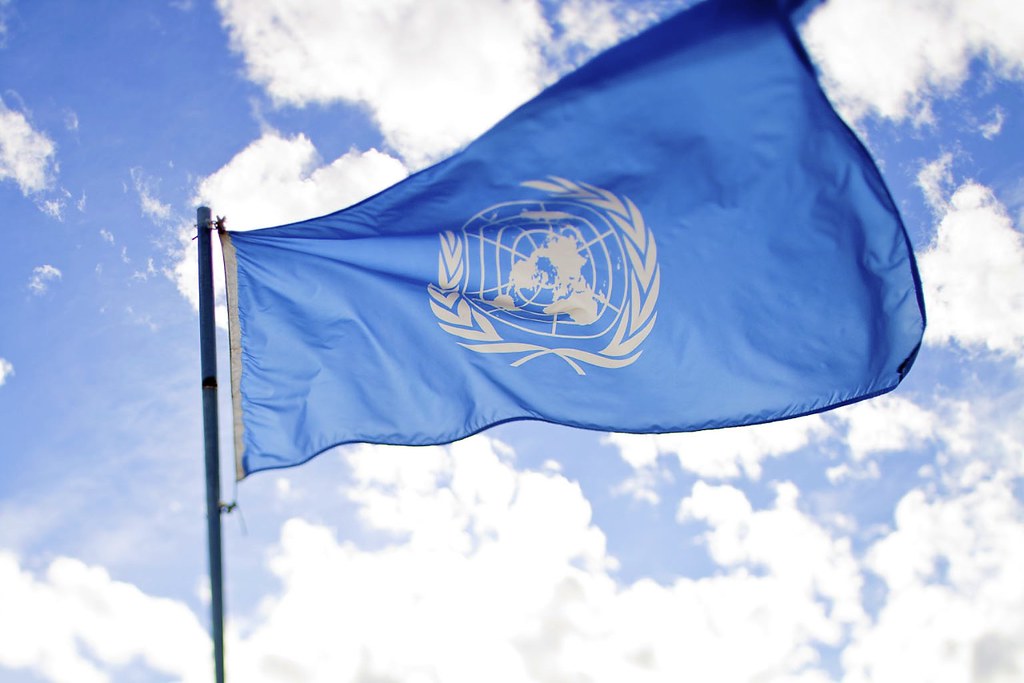The current UN target for foreign aid is 0.7% and has been since 1970. Is the UK doing enough to combat international poverty in developing countries? Many of the developing countries receiving foreign aid used to endure the exploitation of the British Empire. So, this begs the question: has the UK inherited an obligation to rectify the exploitation of our colonising ancestors?
More than half of the extreme poor live in Sub-Saharan Africa, and the poverty figures are worsening as the number of people in absolute poverty increased by 9 million in 2015 despite the UK’s commitment to the 0.7% target. The government should be concerned about its ex-colonies like Kenya, Ghana and Somalia to name a few, who are in extreme poverty, partly because of the mistreatment and domination of the British Empire.
The British Empire came to an end in Kenya in 1963, but not before atrocities were committed against the Kenyans during the Mau Mau revolt. The rebellion was launched by the Kikuyu, who campaigned for independence and return of their stolen land. The British violently suppressed the rebels using mass detention centres, detaining nearly the entire Kikuyu population of 1.5 million people. These detention centres murdered and tortured tens of thousands, perhaps even hundreds of thousands of Kenyans, according to Harvard professor Caroline Elkins. Despite this, Britain has not paid reparations to Kenya and other ex-colonies that were subject to the violence and exploitation that has left a lasting impact on their ability to function democratically and develop economically.
Kenya has not been compensated for the slave labour camps and the thousands of deaths because, until 2005, the full extent of the atrocities in Kenya were suppressed by the UK government. Now that we are not ignorant to the reality of the brutality, surely it is time the UK increases its target for foreign aid, and the proportion of foreign aid to ex-colonies, like Kenya should be increased.
Although the UK is one of five countries to achieve the 0.7% target, the UK can and needs to do more. In 2016, Norway, Luxembourg, Sweden and Denmark all exceeded the 0.7% target, so perhaps we should increase our foreign aid target to 1% to compensate the ex-colonies who have experienced decades of economic and political turbulence.
However, some argue that rather than spending more on foreign aid, we should be more concerned with funding our struggling public services. The NHS and other public sectors have been subject to austerity cuts since the Financial Crisis of 2007-08, whereas spending on foreign aid has been protected from budget cuts. But despite austerity cuts, protection of the foreign aid target is crucial to uphold the moral integrity of the UK government. If we decided not to do our part to help developing countries like Kenya, then it’s likely to cause a domino effect; other developed countries will argue that if the UK doesn’t have to do their part, then why should we?
In essence, the UK is not doing enough. Developed countries will only be doing enough when absolute poverty is eradicated globally. In pursuit of this target, the UK and other developed nations need to recognise that absolute poverty in many developing nations is the result of colonial exploitation. Until developed nations accept responsibility, developing countries will continue to suffer the economic burdens of their ancestors.
Lucie Phipps
Image: Flickr.

